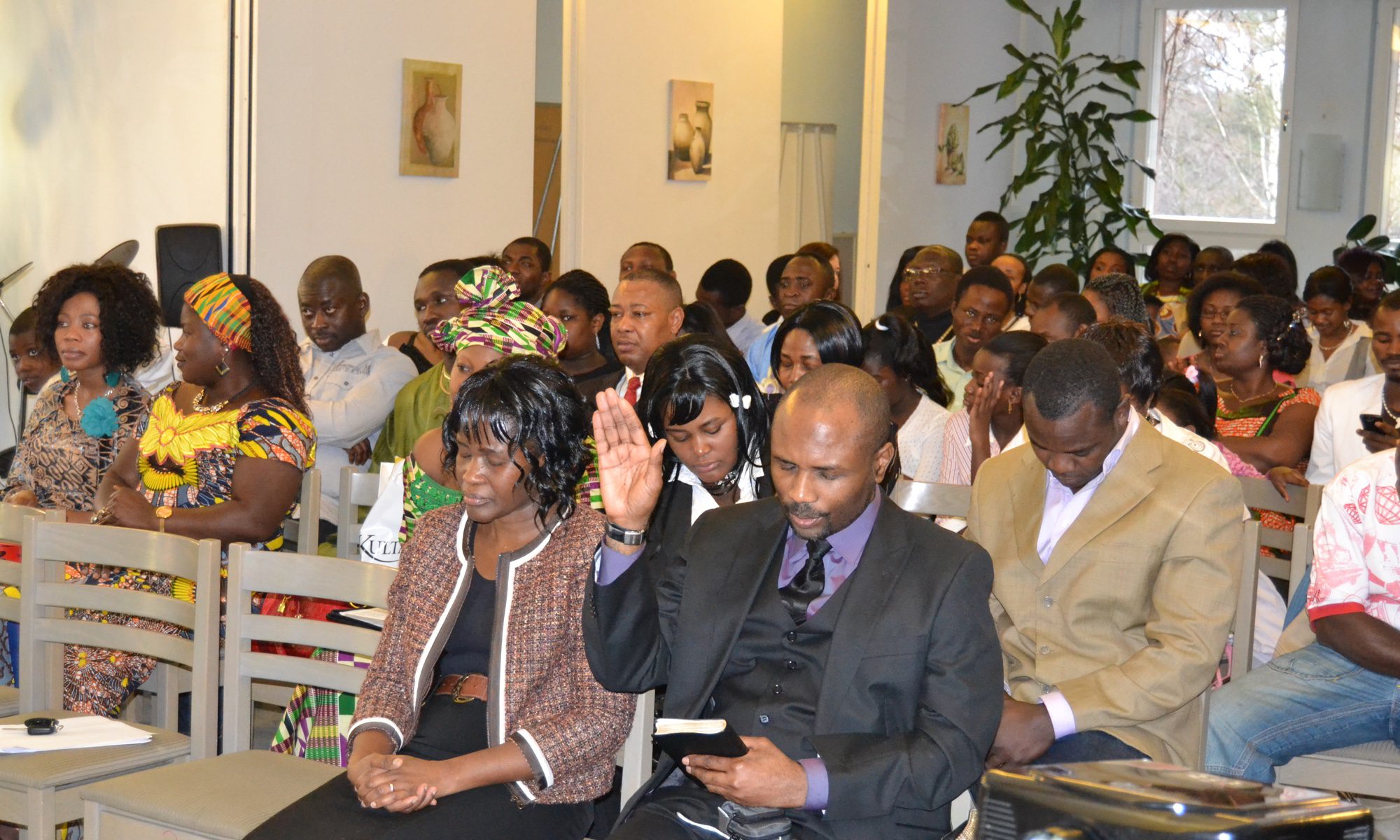Introduction
The Mosaic law was given by God to Moses for the Israelites to be guided and instructed in the ways of God. Moses was a revered Prophet of God to the Israelites, so they highly esteemed his laws and ordinances. People who disobeyed the Mosaic laws were killed. The morality of Jesus Christ and His claims were matched against these laws. This piece of writing highlights Jesus´ responses to some of these laws.
Recognition of the Law as Divine
The Son of Man, Christ Jesus, the man who was born under the law (Gal 4:4), recognizes the laws as God-given. He states it plainly that it is easier for the entire universe to disappear than for a single element of the law to disappoint. By this, He indicates that all things whatsoever are written in the Law of Moses that concerns Him must be fulfilled ( Luk 16:17, Luk 24:44). Therefore, He has not come to destroy the law of Moses, but to bring it to reality (Mat 5:17-18).
Jesus and the Sabbath
One area of the Law where Jesus is accused of falling short is the keeping of the Sabbath. He was being accused of several instances in the Scriptures. It is written of Him that:
“And he entered again into the synagogue; there was a man there which had a withered hand. And they watched him, whether he would heal him on the sabbath day; that they might accuse him. And he saith unto the man which had the withered hand, Stand forth. And he saith unto them, Is it lawful to do good on the sabbath days, or to do evil? to save life, or to kill? But they held their peace. And when he had looked round about on them with anger, being grieved for the hardness of their hearts, he saith unto the man, Stretch forth thine hand. And he stretched it out: and his hand was restored whole as the other” (Mar 3:1-5).
The Jewish leaders were trying to protect the Law and their Sabbath but they themselves never obeyed it. In his defense statement, Stephen argued that the Pharisees and their fathers who have received the law by the disposition of angels, have not even kept it (Acts 7:533). This is what Jesus rhetorically asked them ” Did not Moses give you the law, and yet none of you keepeth the law? Why go ye about to kill me?” (Joh 7:19).
When the Pharisees accused Jesus of allowing His disciples to pluck the ears of corn on the Sabbath day, He reminded them that David and his men did unlawful thing by eating bread that was meant to be eaten by only the priest in the temple. And also, on the Sabbath day, the priest do profane the temple but no one accuses them and so they are blameless (Mat 12:3-5).
Jesus argues that if the day of circumcision of their male children falls on the Sabbath day, they do circumcise them (Joh 7:23). And again, Jesus argues that if one of their sheep falls into a pit or gets missing on the day of Sabbath, they would lift it up from the pit or would go and search for it (Mat 12:11). The Apostolic Council in Jerusalem equally contended that the Gentiles should not be bothered with the Mosaic Law because neither they nor their fathers were able to bear it so they should not force it on them (Acts 15:10). If the Jewish leaders who were supposed to enforce the Law, do break the law, then they break the entire law. This conforms to the teachings of the Apostles that if a person breaks one of the laws, s/he has broken the entire Law (Gal 5:3, Jas 2:10). Paul is, therefore, confident to write that by the works of the Law shall no flesh be justified (Rom 3:20, Gal 2:16).
If animal life could be saved on the Sabbath, then if the Sabbath needs to be broken to do good to mankind, it must be done (Mat 12:11-12) because the Sabbath was made for man, but not man for the Sabbath (Mar 2:27).
Conclusion
The divine law of God was given to His people to guide them to walk perfectly before Him, but humans have not been able to fulfill its requirements. All men stumble on it, and so no one is justified by it.
Prayer: Father Lord, one thing we ask of you is to open the eyes of our hearts to understand the purpose of your word as you want it to be understood. In Jesus´ name. AMEN!

